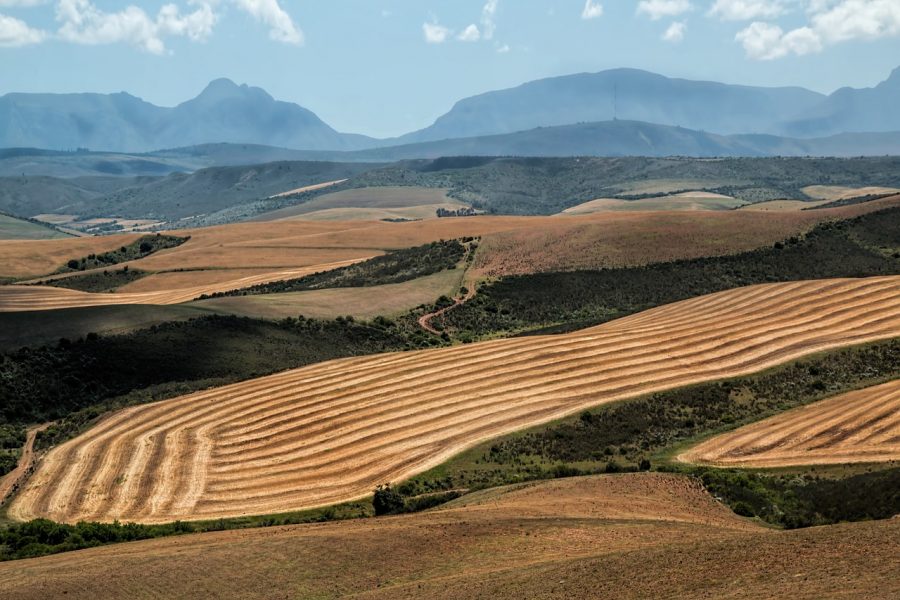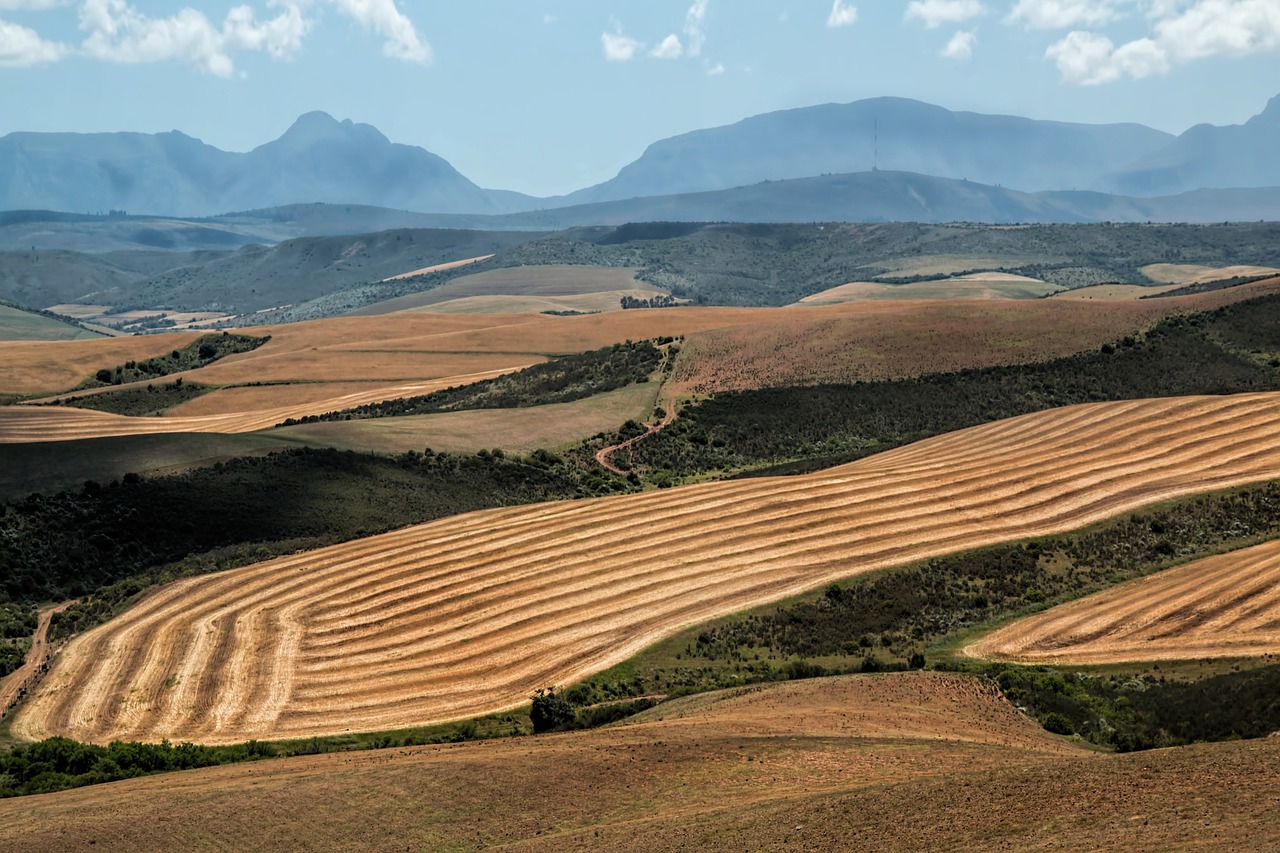
Parliament Resolves on Expropriation of Land Without Compensation
The National Assembly today agreed to the principle of the expropriation of land without compensation within the context of ensuring food security, economic growth and radical economic transformation. The Constitution shall therefore be amended. The motion was brought by EFF Leader Julius Malema, and was adopted with a vote of 241 supporters and only 83 […]

The National Assembly today agreed to the principle of the expropriation of land without compensation within the context of ensuring food security, economic growth and radical economic transformation. The Constitution shall therefore be amended.

The motion was brought by EFF Leader Julius Malema, and was adopted with a vote of 241 supporters and only 83 against it (which included the ACDP, Cope, the DA and Freedom Front Plus).
Malema opened the debate saying: “The time for reconciliation is over. Now is the time for justice.” He said the motive was not to seek revenge on white people but to restore the dignity of black people.
The ANC suggested amendments to the motion, and resolved that the Constitutional Review Committee of Parliament reviews Section 25 of the Constitution and other clauses where necessary, to sufficiently cater for the principle of land expropriation without compensation.
The Committee has been directed to prioritise this issue and report back to parliament by 30 August 2018.
This resolution by the National Assembly is in line with the resolution of the 54th National Conference of the ANC which resolved that the ANC should, as a matter of policy, pursue expropriation of land without compensation.
President of South Africa and the ANC, Cyril Ramaphosa, also made a commitment in his State of the Nation Address that government would continue the land reform programme that entails expropriation of land without compensation, making use of all mechanisms at the disposal of the State.
“He further said it will be implemented in a manner that will increase agricultural production, improve food security, and ensure that the land is returned to those from whom it was taken under the brutality of colonialism and apartheid,” said the Chief Whip in a statement issued Tuesday.
According to the Freedom Charter, the Land “Shall be Shared Among Those Who Work It.” This, say the ANC, means that “restrictions of land ownership on a racial basis shall be ended, and all the land re-divided amongst those who work it.”
The ANC said bold steps are needed to transform South Africa’s economy including land ownership and reform.
“This resolution therefore heralds a new era of intensified land distribution to address the long standing national grievance of African people around land dispossession.
“We look forward to the outcome of the Constitutional Review processes on the modalities of expropriation of land without compensation. As the ANC in Parliament, we will closely monitor this process,” said the statement.
The public will be able to participate in the Review Committee’s work.
DA MP Thandeka Mbabama said there was an indisputable need to right the wrongs of the past, but expropriation without compensation “cannot be part of the solution”.
She said it was used to divert attention away from the ANC’s failures with land reform, and was a “lie peddled by the ANC, who fears being outflanked on the left by the EFF”.
Mbabama said a better way to empower black people and strengthen the economy is through partnerships with community organisations, an initiative that has “enabled the DA to accelerate the pace of land reform here in the Western Cape. This approach has led to the success of 62% of all land reform farms in the Western Cape. This is in stark contrast to the 90% failure rate of land reform programmes in the rest of the country.
“Our approach means we have more black farmers participating in the formal economy with the state playing a role in providing the support they need.”
She said another method of ensuring that land reform serves as a tool of economic freedom is to give title deeds to farmers.
“Most people do not know that is it national government policy to withhold title deeds from black farmers, this is a barrier to land reform. Here in the Western Cape, the DA has delivered 82 830 title deeds since 2009. This not only provides black farmers with the dignity of owning their own property but it also provides access to funds through financial institutions. Surely this is true economic freedom and none of this would be achieved through expropriating without compensation.”
AfriBusiness CEO Piet le Roux said in a statement issued Tuesday: “With the ANC’s acceptance of the principle of expropriation without compensation a new political landscape was established in South Africa: one where the radical Julius Malema and his EFF’s outrageous policy suddenly became mainstream.
“Although there is reason to believe that Mr Ramaphosa wants to limit its impact, the reality is that his possible caution is not a guarantee of stability. The contempt of property that is now tolerated and fed is creating all the wrong expectations with voters, laying the foundations for a new, more radical political phase in South Africa.”
Le Roux says AfriBusiness regards Ramaphosa’s term as a “window period” for landowners: “Landowners in South Africa can prepare for either scenario: both the staving off of expropriation without compensation, and its implementation.”
In the interest of “hedging property rights”, AfriBusiness says it has in the meantime compiled eight tips for landowners which indicate ways for land to be structured so that it is unattractive for expropriation.
